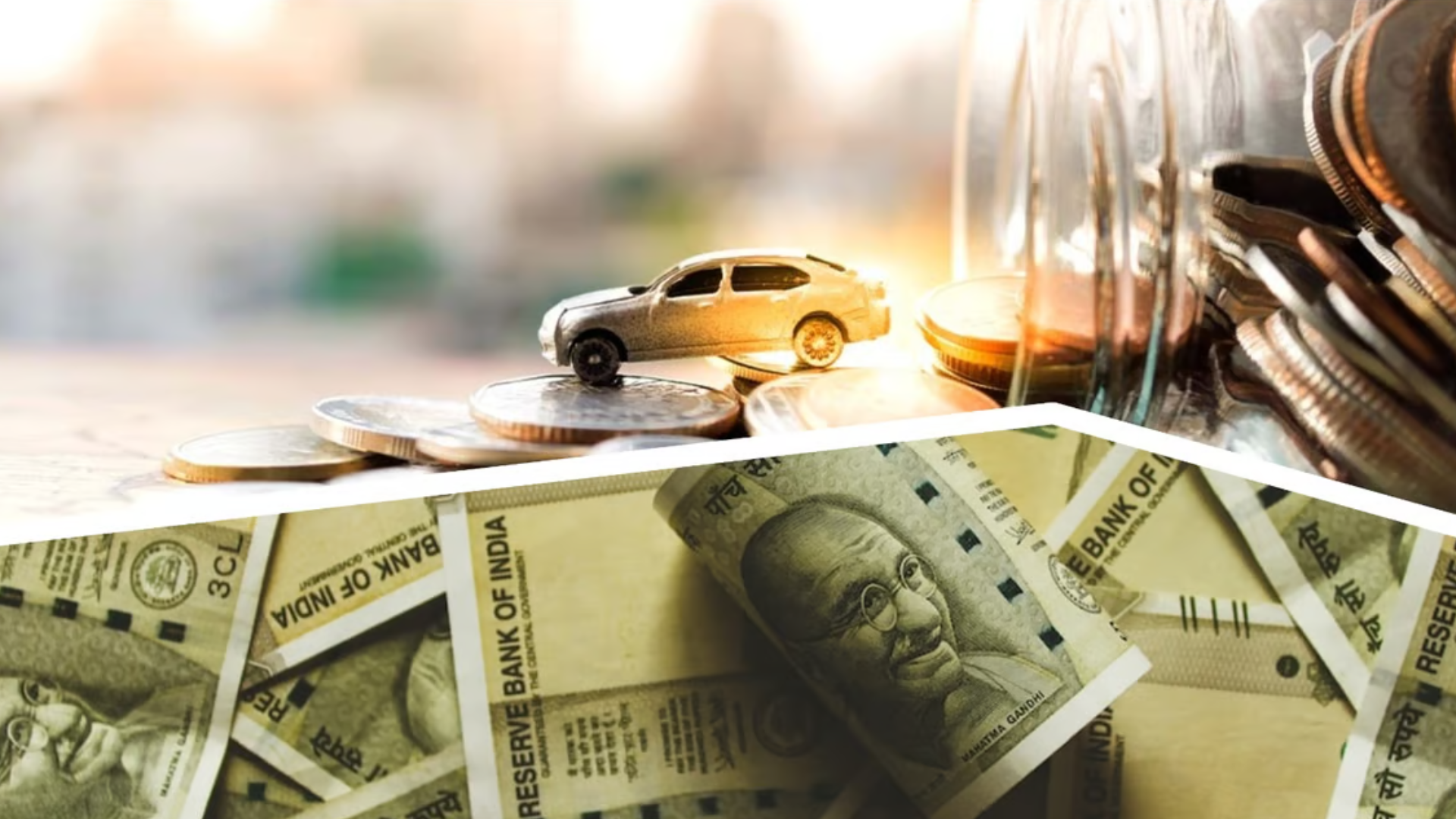
Understanding GST Rules On Reselling Of Cars
At its 55th meeting, the Goods and Services Tax (GST) Council made clarifications regarding the taxation of used and outdated automobiles, including electric vehicles (EVs).
The previous various GST rates have been replaced with a flat charge of 18 percent for such sales. Additionally, these transactions are not subject to any additional taxes.
Only individuals or companies that are registered for GST and involved in the acquisition and selling of old and used automobiles are subject to GST on their sale. It is not necessary for those who are not registered for GST to pay the tax.
Only the seller’s margin, not the whole transaction price, is utilized to compute the Goods and Services Tax (GST) on old and used cars. According to recommendations released by the GST Council, the margin is calculated as the difference between the sale price and the vehicle’s purchase or depreciation value.
Only the difference between the sale price and the vehicle’s depreciated value is subject to GST for sellers who have claimed depreciation under Section 32 of the Income Tax Act.
No GST is due when the sale price is less than the purchase or depreciation value, resulting in a negative margin.
Key Takeaways
Electric vehicles (EVs) and other second-hand cars are subject to the regular 18% Goods and Services Tax (GST), which simplifies the taxing process for these kinds of transactions.
Only sellers that are registered under GST legislation, such as companies who buy and resell cars, are required to pay GST. Since private sales between individuals are not subject to GST, only business transactions are subject to the tax burden.
The seller’s margin, which is the difference between the vehicle’s purchase or depreciation price, is the only factor used to compute the tax. No GST is due if the margin is negative, which indicates that the sale price is less than the vehicle’s purchase or depreciation value.



